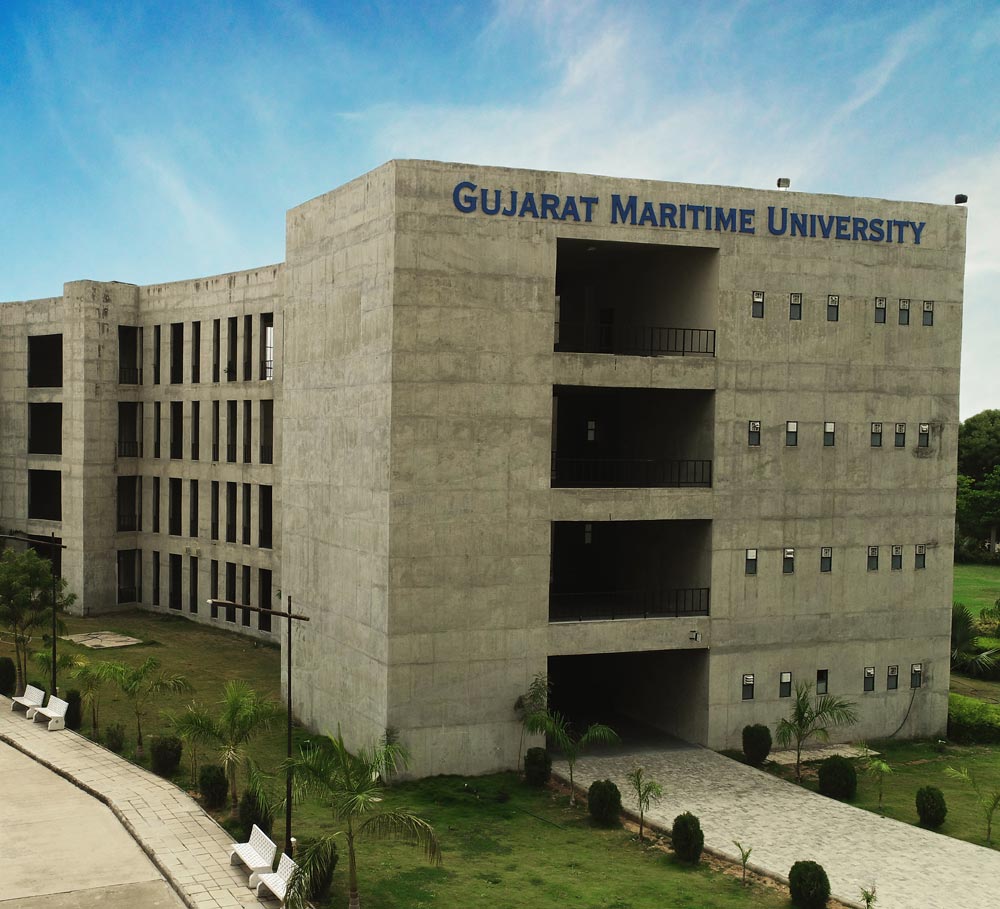What Are The Key Aspects That Maritime Training Misses? Know It All!
“You may master the compass, but can you navigate the challenges at the sea?”
That’s the real test of a seafarer! In an industry that categorically thrives on discipline and precision, modern day success goes far beyond steering ships. However, today a maritime training course must also teach you how to handle pressure, personal growth, pressure – because only technical skills don’t sail the ship anymore.
Let us now get to the details of it all –
Why are soft skills no longer an option at the sea?
As you are already aware that the maritime world is already evolving. The rise of global connectivity and automation means that seafarers nowadays – juggle complex roles that require both people power and brainpower. Emotional intelligence, clear communication, and quick decision-making are now non-negotiables. Therefore, technically a brilliant officer who lacks people skills is a liability in today’s times.
That’s why top institutions, including any advanced centre for maritime education and training are rewriting their curriculum to include critical soft skills training modules.
Build a commanding personality
Your presence should build a trust – not because of your rank, but because of your personality –
- Modern training includes grooming sessions, and body language coaching
- Cadets are taught to handle feedback positively and respond accordingly
- Self awareness and communication clarity are emphasized specifically
Maritime etiquette sets the tone
Respect isn’t just a value—it’s a working tool at sea –
- A chance to explore how international maritime etiquette shapes team dynamics
- Dress codes, cultural sensitivity, and senior-junior interaction protocols are covered
- Teaching professional behaviour onboard and maintaining a respect for hierarchy
The whole idea is about creating a culture where discipline meets dignity.
Mastering conflicts without creating storms
Conflicts at the sea are inevitable – but how one deals with it cuts the deal –
- Roleplay sessions and scenario based drills help in preparing and practicing of a suitable response
- This maritime training course also helps sharpen your brain and improves communication skills
- Focuses on mediating tensions, de-escalating strategies and assertive communication
The idea is to turn potential friction into functional teamwork.
Teamwork that works at the sea
To begin with, you must understand that it is not a segmented format, rather it is part of a floating ecosystem –
- The courses develop leadership with a bottom-up and top-down format
- These courses will also teach you the importance of rotating roles, mutual respect and shared responsibilities
- Team-building activities mimic real sea-life pressures.
Modern maritime roles demand that you lead when needed and follow when necessary.
Adaptability and emotional resistance matters
Since people are miles away from the land, family and comfort isn’t natural – rather adaptability is the key to success –
- Stress management, mindfulness, and situational awareness are practiced routinely.
- The kind of resilience is crucial to showcase your safety
- Mental wellness modules are integral to the current set of instructions in this domain
A top-tier centre for maritime education and training will ensure that you can operate the vessel under immense pressure.
Last Words
The difference between a standard officer and the best one is – how they handle pressure, people and even unpredictability. If you’re planning your future in this industry, make sure your chosen institute values soft skills as much as hard ones.
Ready to take the helm—not just technically, but personally? Explore the future of maritime training today. Would you like to explore the training programs?

